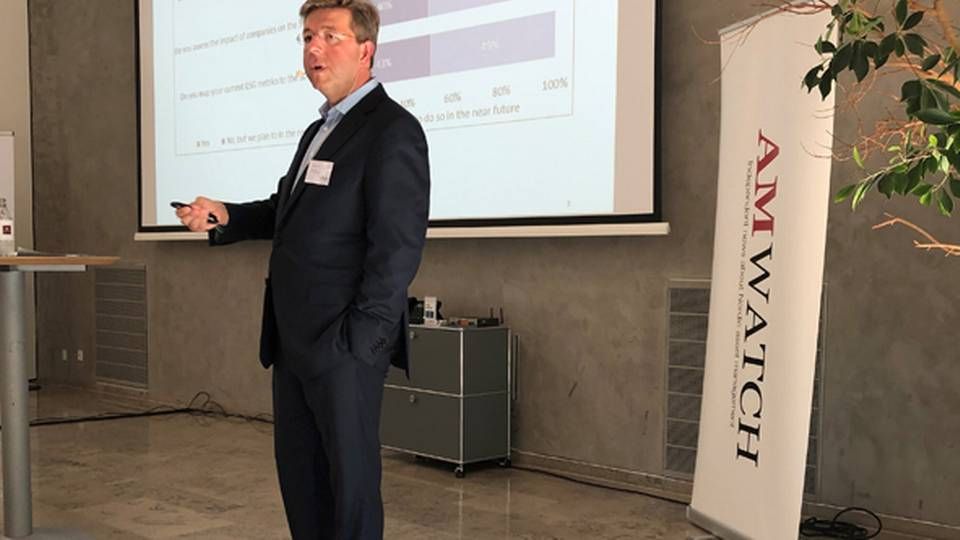LGT Capital Partners Managing Partner opens playbook on ESG scoring and PE manager selection

For the past seven years, Swiss-based asset manager with a strong emphasis on alternatives LGT Capital Partners completes an assessment of its collaborative alternative managers.
In the ESG report 2019, the company assesses ESG practices of 304 managers, of which 218 are private equity. The report's purpose is twofold: A demonstration for investors of managers’ consideration of ESG factors in their investment, ownership and reporting practices. Secondly, a chance to identify areas with room for improvement.
Each manager receives an overall score from 1 (excellent) to 4 (poor) based on four key measures: Manager commitment to ESG, ESG integration into the investment process, active ownership and reporting.
However, none of these criteria can stand alone in the assessment of a manager's ability to generate a high risk-adjusted return, explains LGT Capital Partners Managing Partner Tycho Sneyers.
"We integrate ESG factors into our due diligence holistically," he says to AMWatch. "We are convinced that they indicate if a manager is dedicated to ESG and they all play an important role in reducing long-term risks within portfolios and enabling companies to benefit from cost savings and new market opportunities."
Have you never tried to make the connection between the four criteria you use?
"We believe that integrating ESG considerations into the investment process helps to improve the environmental and social footprint of invested capital, as well as to strengthen companies across many dimensions," he says. "The best companies strategically manage all aspects of their business as a matter of operational excellence and responsible global citizenship."
Sneyers has chaired the firm's ESG Committee since its inception. Additionally, he serves on the board of directors of the UN Principles of Responsible Investing (UNPRI).
LGT Capital Partners has invested in private equity for more than two decades. "We know the managers that perform well, and the ones who don’t," Sneyers explains. "Most of our managers these days incorporate ESG considerations in their investment activities."
Have you ever decided not to invest in a manager based of your ESG assessment?
"If they don't take any ESG-related action at all, and they don’t intend to do so, it's basically impossible for us to invest with the manager," he says.
However, if a manager proves to be an excellent investor, lacking an ESG policy but showing an interest in having one, a partnership is possible. "As a large investor in private equity, we consider it our responsibility to educate this manager, allowing him or her to become more advanced," Sneyers says.
In the recent report, 65 percent of the 218 private equity managers received an ESG score of 1 or 2, which is a significant increase from 27 percent in 2014.
(Article continues below graph)

"Our engagement with private equity managers over the years reveals a significant improvement in ESG practices, which is reflected in the changes in ratings," Sneyers says, adding: "This is a positive development. In 2014, we would’ve been pleased with it, but clearly, a lot still needs to be done. If you look more into detail, Europe is ahead while the US lags behind, which is a bit disappointing."
According to Sneyers, US managers continue to repeat that their commitment is in line with current legislation. "So, they believe that is all they need to do. Instead, we would like them to go beyond minimum requirements to make a positive impact on company’s social and environmental footprint. Unfortunately, the rhetorics of the current US administration don’t help in raising standards. "
The ratings are not exact science but rather LGT Capital Partner's interpretation of a manager’s behavior. "In that process, we have raised the bar. What we would’ve considered important in 2014, leaves us less impressed in today’s context," he concludes.













